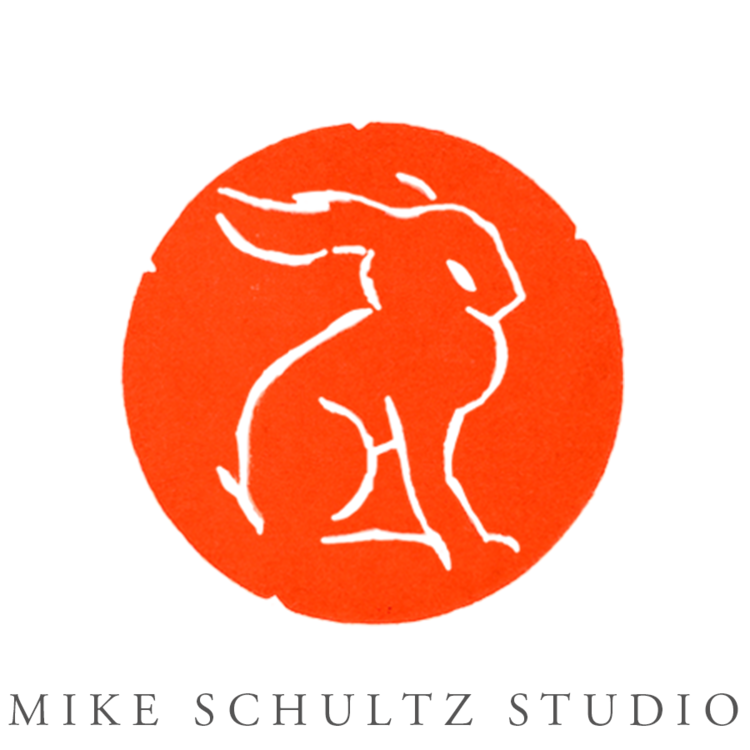E S S A Y - M A N G O D R A G O N W I T H T R E E S P I R I T
In the jungles along the Thailand-Burma border, each mango tree has a ghost who watches over and protects it. Across Southeast Asia, where Buddhist culture has seamlessly melded with traditional, animist roots, it is believed to be bad luck to cut down and use the wood of a tree protected by a spirit, unless the wood is to be used to build a Buddhist monastery or temple, which neutralizes the misfortune.
In the case of the mango, the tree spirit is accompanied by a small serpent-dragon who acts as the guardian of the tree’s roots, and of the fruit, until it is ripened and ready to donate to the creatures of the forest— this aids in the spreading of the seeds and propagation of mango groves.
The tree spirit does not control the dragon, who is a smaller emanation of its water Naga ancestors. Though the dragon is reptilian and wild by nature, it typically respects the tree spirit as a wise being and follows her watchful advice on how best to serve the tree. By evolution, the Mango Dragon has dark colored scales, as it is mostly crepuscular to fend off the twilight diners of the forest. During the daytime, it sleeps beneath the shadows of the long leaves of the mango, but it does guard the tree until the sun rises each morning.
About the tree spirit— in Thai, นางไม้ (pronounced, “Naang Mai”), นาง Naang (woman) + ไม้ Mai (tree), translates to “Lady of the Tree”, or “Tree Spirit”.
Along the Thailand-Burma border, this variety of Naang Mai is known as ผีแม่มะม่วง
(pronounced “Phi Mae Ma-Muong”), ผี Phi (ghost) + แม่ Mae (mother) + มะม่วง Ma-Muong (mango). Phi Mae Ma-Muong are not malicious ghosts— but they are motherly guardians of the tree, and will act accordingly to safeguard it.
Today in North-Western Thailand along the border, while coming across a Phi Mae Ma-Muong in a mango grove, one might be surprised to see that she is dressed in traditional Burmese attire, as the modern day borders do not apply to the spirit realm, and the crossover of cultures there has long been blurred.
—
A Western Buddhist monk from the Thai Forest Tradition, Ajahn Brahm, is fond of saying, “When life gives you a truckload of animal dung on your doorstep, use it to fertilize your mango tree”. It’s life’s challenges that bring growth and rebirth, and 2020 is indeed a year of fertilizer for our trees.









